11 de enero 2021

The Return of the Military

PUBLICIDAD 1M
PUBLICIDAD 4D
PUBLICIDAD 5D
Grandparents, fathers, mothers, siblings, and children died because of covid-19. These are the portraits of five patients who did not survive
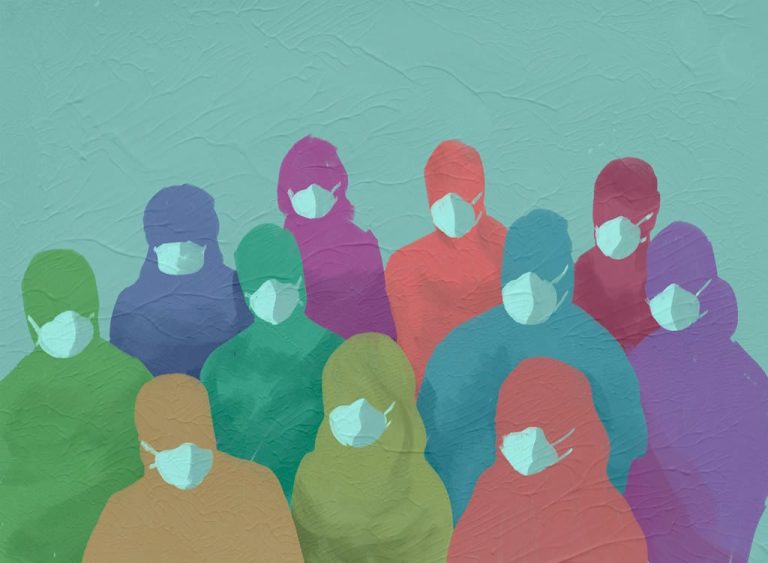
Illustration: Juan García | Confidencial
“Esteban” was afraid of dying. A week earlier, he told his daughters that he did not want to suffocate to death. He was short of breath and could barely speak.
María Azucena, “Álvaro”, “Dionisio”, and the brothers Francisco and Guillermo Norori, all died from covid-19 and like “Esteban”, and found it hard to breathe. For their relatives, the symptoms and complications from contracting coronavirus were evident. However, the recognized causes of death were others, which the health authorities call “comorbidity”, in an attempt to reduce the numbers of death from the pandemic.
Thus, while as of mid-December the government admits 163 deaths were caused by the pandemic, the most recent analysis of excess mortality from pneumonia, diabetes, hypertension, and heart attacks, conducted by the Nicaraguan Foundation for Economic and Social Development (Funides), estimates that 8454 of these deaths are attributable to the pandemic.
We are dealing with more than eight thousand lives taken by covid-19, which health authorities are trying to deny. To honor the lives of those Nicaraguans who did not survive, CONFIDENCIAL gathered six testimonies, narrated by those who accompanied them until the last moment and lived their mourning as never before: without the possibility of a wake, without the condolences of family and friends, or a funeral to say their last goodbyes. Due to the de facto police state in Nicaragua and the fear that this pandemic represents, many requested that their names be omitted to avoid discrimination and also retaliation from a state that persecutes those who hold different opinions.
“I don’t want to die suffocating”, said a 60-year-old patient, who died at the German Nicaraguan Hospital.
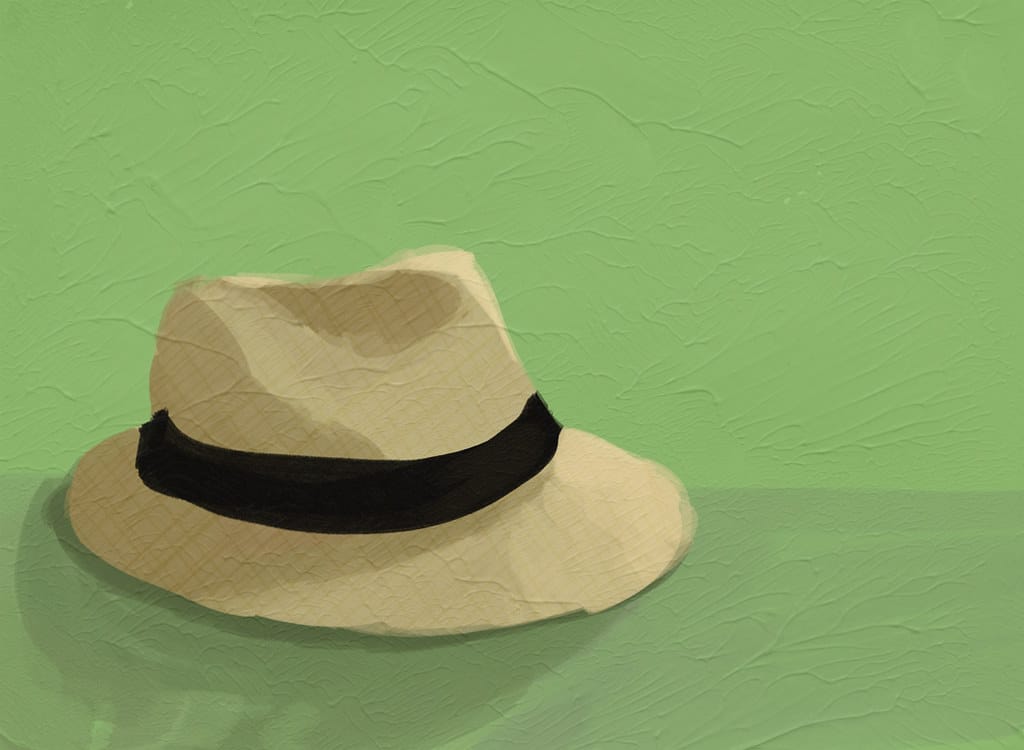
Illustration: Juan García | Confidencial
Days before he died, “Esteban” was able to celebrate what would be his last birthday. He was already sick, had had a burning fever for two or three days, and no longer wanted to eat. However, that May 24, even with his discomfort, he celebrated his sixtieth birthday with his children. He had been waiting for that date for a long time because he was looking forward to retiring so that he could enjoy a more peaceful life. But he ran out of time.
The next day, he asked to be taken to the nearest health center for a second time, and as happened the first time, the doctors who attended him only prescribed acetaminophen tablets and sent him back home. “That’s something in your throat, it’s not covid,” he was told, recalled one of his daughters who asked for her name to be omitted.
On their own, his children decided to take him to a private doctor who confirmed that he suspected that their father had a case of coronavirus. As time went by, “Esteban” lost the glow that characterized him: he no longer wanted to talk and his breathing started to fail. Until he himself, with effort, asked to be admitted to the hospital. “I don’t want to die suffocating”, he told them.
“Esteban’s” family does not know how he got the disease. From the time the pandemic was first known, he shared preventive information against the virus on his social networks, always wore his mask and used to disinfect all surfaces. But when he returned from his job in the north of the country in mid-May, the signs of the virus on his body were evident.
“Esteban” was admitted to the German Nicaraguan Hospital on May 30. His oxygen saturation was at 73, and he lost consciousness. “As soon as he was put on oxygen he came to. He was happy because he could breathe. Later that day, I got an oxygen tank to take him home, but my dad thought he would be better-taken care of there and didn’t want to be taken out”, his daughter says.
He was at the hospital for a week. His daughters came to pray for him outside of the hospital every day. None of them ever saw him alive again, and his eldest daughter had to content herself by sending him a “love letter” with his lunch every day. She is not sure if he ever read them.
“Esteban” was tested for the coronavirus, but his family was told the result was “indeterminate”, a term used by Nicaraguan health authorities to hide positive cases.
At 10:00 p.m on Thursday, June 4, “Esteban” was intubated. Two days later, on the sixth of that month, he died. His family decided not to pay him a posthumous tribute out of fear of infecting others, although at the hospital they were told that there was no problem if they held a vigil for him, as his death was not caused by covid.
“My father was very sociable. He liked to be with his friends. He was very sensitive. Very honorable, if he saw something he didn’t like, he would say so. He always walked around with his little hat, and I’m sure that if we had taken him to another hospital or another country, he would not have died on us”, says his daughter.
He was 54 years old and died in Chinandega. On his death certificate, he was listed as having “atypical pneumonia”
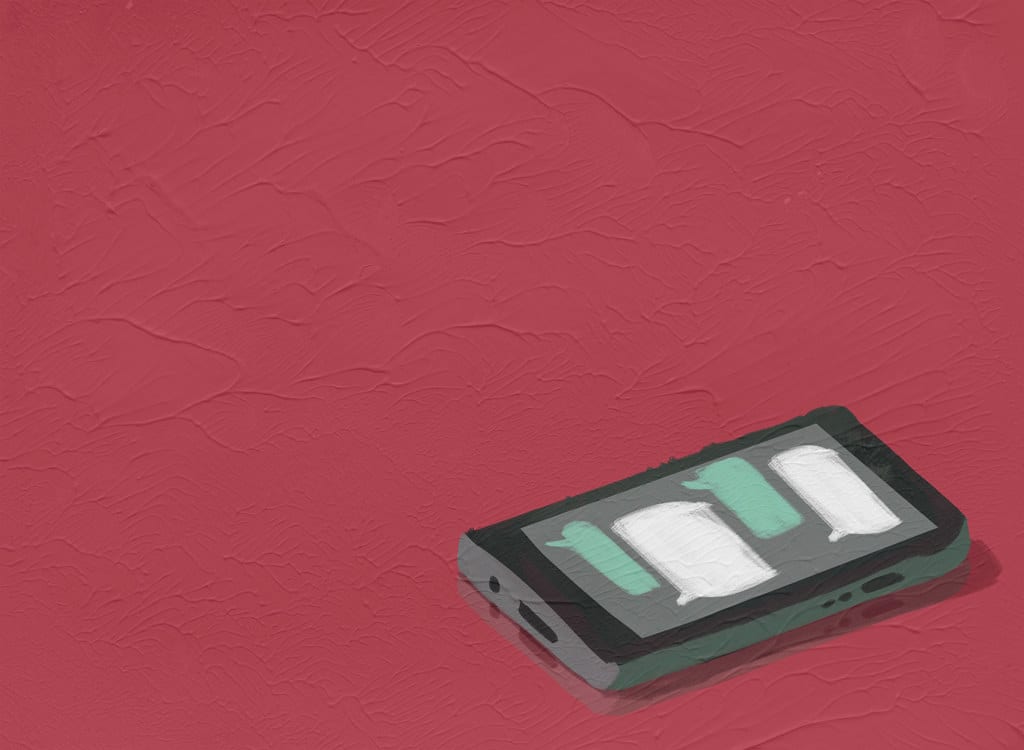
Illustration: Juan García | Confidencial
Martha’s voice breaks when she admits that the most difficult part of her husband’s death was not being with him in his final moments. “Alvaro,” 54, from Chinandega, became ill in April when she and her children were out of the country.
“Martha” remembers that at first, he didn’t worry because he thought it was just another cold. However, after a few days, his health did not improve. They talked every day, and when he told her he had a fever, she got scared.
“On May 3rd, he had a setback when he arrived at work. He said he felt sleepy, he was tired, and he went to lay down in a hammock. Everyone was puzzled that he wasn’t waking up. It wasn’t until seven o’clock that he woke up. I think he was already losing consciousness,” said Martha.
Despite feeling sick, “Álvaro” refused to go to the hospital. At that time, Chinandega was the epicenter of the pandemic in Nicaragua. Every time he was told to go, he said he was already feeling better. During all this time, he was treated with some prescriptions given to him by his niece, who is a doctor. However, his health was getting worse.
“Álvaro” did not suffer from chronic diseases, but he was overweight. “He was not taking any medicine for hypertension or diabetes, but he had already had some altered tests, so he was trying not to eat things that would harm him, but he was fat. He got tired of walking.”
On May 7th, “Alvaro’s” sister and her husband found him passed out in his room. Even so, they decided to keep him on his medication at home out of fear that they would never see him again. In those days, the family lived an odyssey, because oxygen tanks were scarce and they had to replace the small tank they had obtained every three hours.
— This has been the worst night of my life. I hope it will be the last one because I can’t take this anymore — “Alvaro” wrote to his wife, on the morning of Saturday, May 10th.
— Don’t worry about us… stay calm — “Martha” wrote back, but he didn’t respond anymore.
Hours later, she was told that her husband had died. After being disconnected from the oxygen supply so many times, his heart could not take it anymore and he suffered a heart attack. “Alvaro” was buried that same day. His wife and children could not attend.
"He was very friendly. He liked music. If he could do someone a favor, he did it. He never said bad words in front of anyone, he was an honest man. Good father, good husband, good brother. Our dream was to meet again to live a quiet life, working and enjoying the vacations," says "Martha," who had gone to work in Panama and had to return after her husband's death.
"Alvaro" died with all the symptoms of the coronavirus, although his death certificate listed him as having "atypical pneumonia". Days later, the Minsa came to fumigate the house.
Guillermo, 71, died 19 days after his brother, Francisco, 75. They were the eldest of a clan of seven brothers.
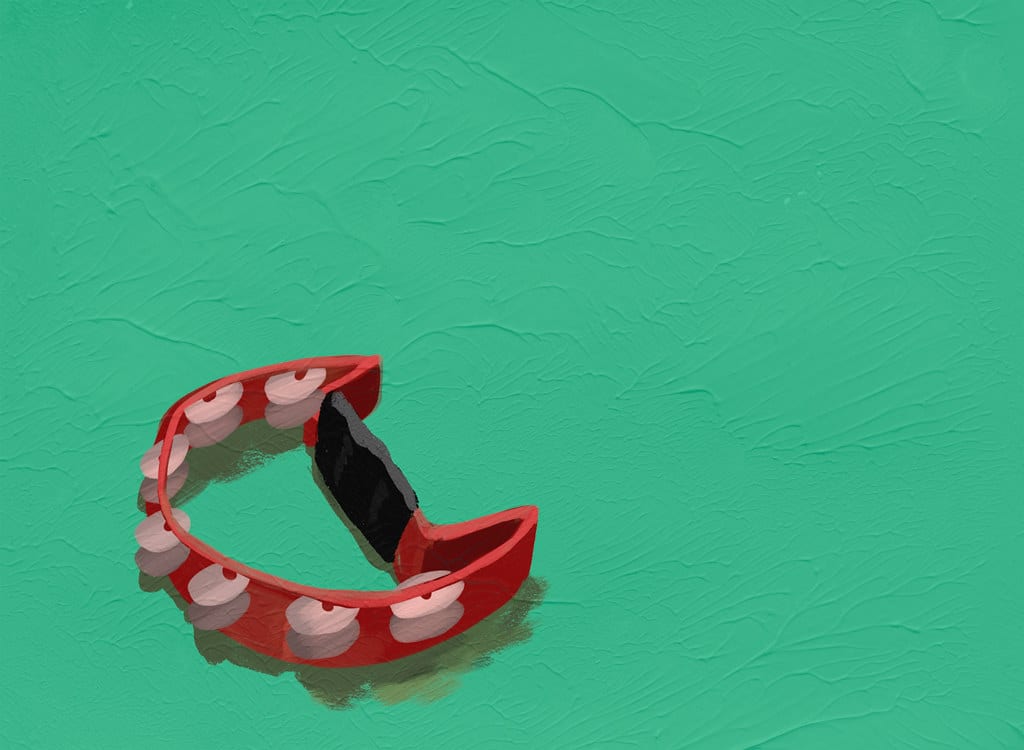
Illustration: Juan García | Confidencial
Guillermo, 71 years old, was the “muertero” or mortician of the Fuente de Vida Nazarene Church, in Managua. As a pastor, he was trained in the art of finding the right words to comfort the families of the deceased. But the afternoon of June 11 was different. Inside his vehicle, he cried and prayed. Outside, a mechanical shovel dumped dirt on a grave. It was that of his brother Francisco, 75 years old, whom he looked upon as a father. Nineteen days later his own funeral would take place.
Francisco and Guillermo were inseparable, originally from Niquinohomo, more than forty kilometers from Managua. They got to know the capital holding their mother’s hand when they would accompany her on her trips as a merchant and got so used to the city that they ended up moving. There are seven Norori Díaz siblings, but the lives of Francisco and Guillermo were intertwined until the end.
The musician of the family was Guillermo. He learned to play guitar, and before becoming an evangelical pastor, foreman, and cab driver for two decades, he was part of a mariachi and musical trio. He imitated Mexican singers Pedro Infante and Jorge Negrete. His voice vibrated at family celebrations. William Norori, his 23-year-old son, is a guitarist and treasures music as a legacy from his father.
The oldest of the seven brothers was Francisco. He finished his business degree against all odds at age 35 and fulfilled a dream of seeing his three daughters earn their college degrees. He did not have his brother Guillermo’s voice, but he poured his admiration for ubén Darío into his poems, several of which were dedicated to his wife. His eldest daughter, Angélica, says they were planning on publishing them.
“He had impeccable spelling” and “very nice handwriting,” Angélica recalls. The virus came to their family unexpectedly and changed their lives completely. Angélica suffered from an allergic rash on her back, coughing, fever, and lost her sense of smell. She doesn’t know where or how she got it, because she protected herself at all times. She isolated herself in her room for thirteen days and got better.
Her parents got sick soon after. They all had diabetes, including her uncle, Guillermo. Convalescing, Angélica promised to take care of her parents, but the disease was aggressive and quickly damaged her father’s lungs and threatened her mother's health. The house became a small hospital. Oxygen tanks came and went, medicines were delivered to the door of the home, and neighbors brought food for them as well.
Angélica barely slept because was keeping an eye on the oxygen tanks, administering medicine on time, and taking care of her parents, until one day, she collapsed. According to the medical diagnosis, she fell into a coma for eight hours.
Her father, Francisco, never complained, not even when he was on his stomach receiving back rubs to help improve his oxygen saturation. Angélica knew that the situation was getting worse and managed to say goodbye to him: “May you be well, wherever you go”, and kissed his forehead before an ambulance took him to the German Nicaraguan Hospital. She knows her father heard her because he shook his head. Francisco died on the morning of June 11th and was buried the same day, in the afternoon.
The day after the funeral, his brother Guillermo was admitted to the Fernando Velez Paiz Hospital due to difficulty breathing. That entire week, his son William had struggled at home, giving him medication and nebulizations, but it was not enough.
Guillermo struggled for 19 days until he gave into the illness at midnight, on June 30. During that time, Nicaragua was going through the roughest months of the pandemic, with express burials and overcrowded hospitals. On the death certificates of the Norori brothers, The Ministry of Health made it invisible that they died as a result of the pandemic. With Guillermo, they said it was a cardiogenic shock, and with Francisco: Acute Respiratory Failure.
Angélica and William assure that covid-19 took their parents from them. They accept the departure as “God’s will”, but their pain can be perceived in their voices, which sometimes break. “I feel as if he’ll be waiting for me at the house with a pinolillo, or a gallo pinto,” says William.
Angélica recalls that she wondered how she would live without her father. She’s still figuring it out, while she and her mother face the physical consequences left by covid-19 together.
She liked plants and baking. She was 64 years old and died at Hospital España in Chinandega, the first epicenter of the pandemic.
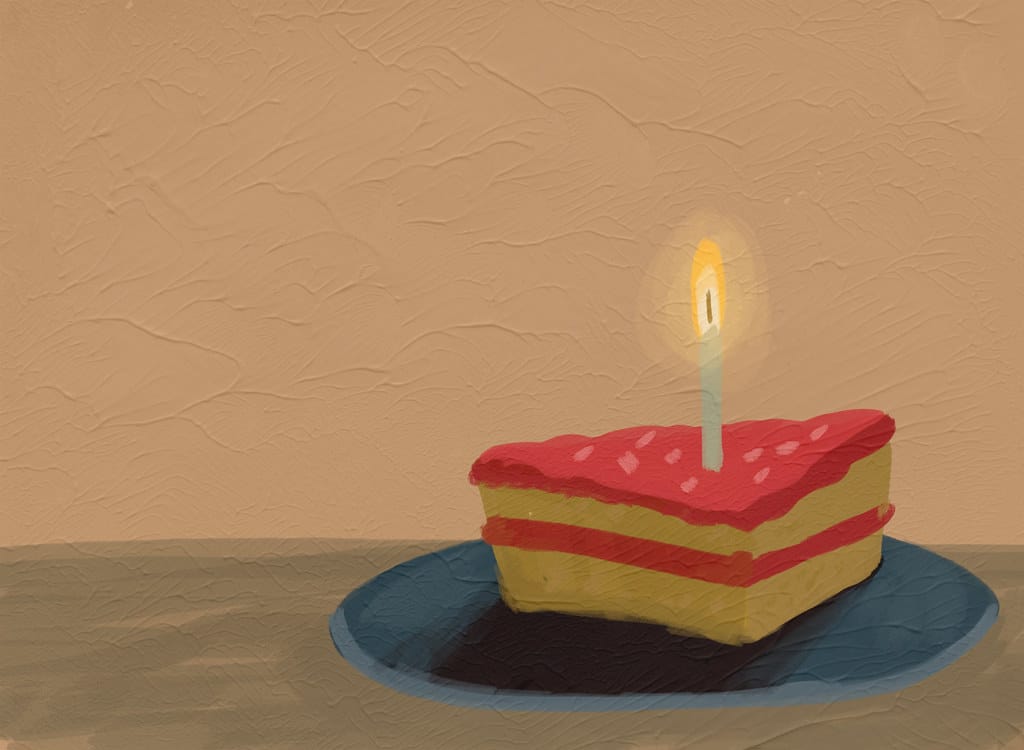
Illustration: Juan García | Confidencial
María Azucena Sequeira noticed that burials were more frequent in her native Chinandega. She knew of entire families falling ill from the pandemic. She prayed and recommended that her children do so as well. She implemented protocols so that the virus would not enter their lives, even if she suffered by not going to church every Sunday.
Instead, she prayed the rosary with her children through a video call. She also avoided going to the market, which for years had been like a second home to her, because she had an appliance business. On July 18, María Azucena felt irritated, her children thought it was the common flu, but she still had an online consultation on July 19. She had an x-ray and tests done: everything seemed normal, but the doctor prescribed preventative covid-19 treatment since she had diabetes and belonged to a higher risk group.
Juanita Huete, one of her five children, says that her mother was a lover of pastries and despite her diabetes, she could not resist a nice piece of bread with coffee.
As the days went by, María Azucena started to feel worse, but the alarm signal was when she told her family that she couldn't smell anything and that food tasted like paper. One of her daughters and granddaughter also became ill. After the eighth day with SARS-CoV-2 in her body, she began to vomit, says Huete, who, from Managua, found out about everything through video calls.
When her mother arrived at Hospital España, her oxygen saturation was 81, and the doctors acted immediately and stabilized her, soon reaching 90. She was admitted with oxygen at seven liters per minute. They know they couldn’t visit her, but they didn’t want her to feel like she was alone. On the food packages they sent her, they sent messages of encouragement; they told her that they were praying for her, that her five children were waiting for her at home, to be strong, and that they loved her.
Their mother’s condition became more complicated on July 31st, and she was intubated at around 7:00 that Monday night. Huete and her siblings were aware that the chances of survival had been reduced. On some days there was the hope of improvement, and on other days there was no progress. Doctors lowered the dose of anesthesia to assess whether her body was reacting, but the effort was in vain. She passed away on August 21 at 11:15 a.m. She was less than a month away from her 64th birthday. The death certificate reads refractory septic shock.
María Azucena was buried next to her husband who had died years earlier. While on his deathbed, he told her that he could see a beautiful garden and that he was sure that she would love that place because she loved plants. Her children take comfort in imagining them in that garden.
He was originally from Ometepe and moved to Rio San Juan. He worked the land his entire life, had fifteen children, and suffered from Alzheimer’s disease. He was going to be 95 years old
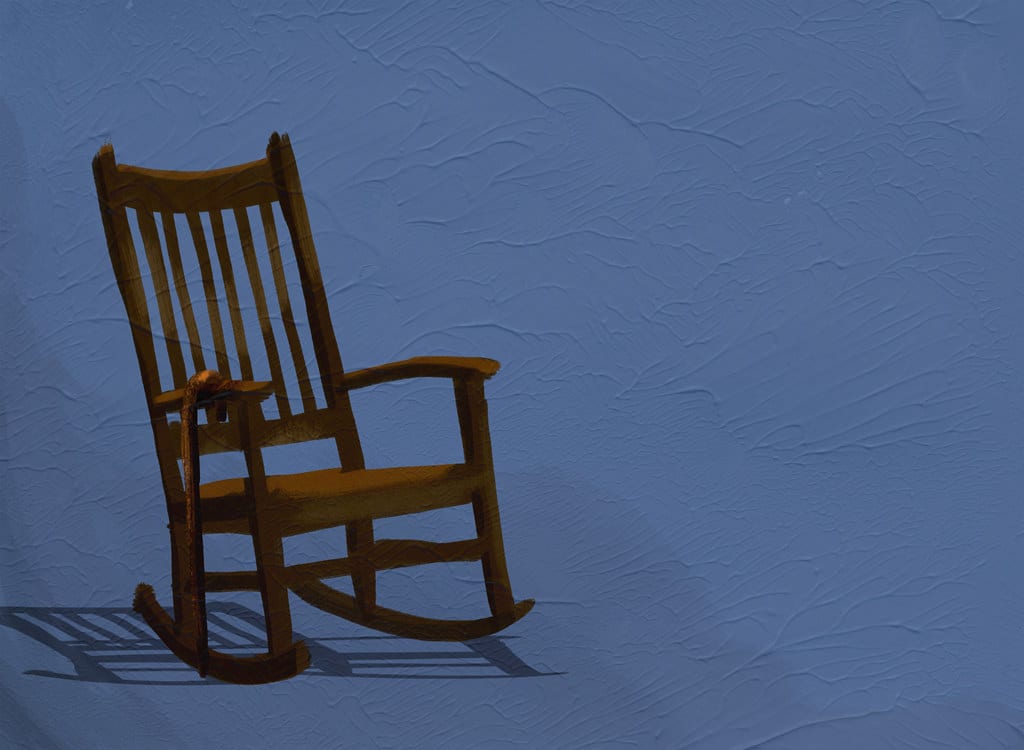
Illustration: Juan García | Confidencial
After living almost a century, the life of “Dionisio”, 94 years old, was extinguished in the early morning of May 15. His family believes he died from covid-19, although they will never be sure because they did not have access to a test.
“We were taking care of my dad because of his Alzheimer’s. He was already old, but it was overnight that his breathing got worse, as if he was about to choke. We didn’t want to take him to the hospital because it was full of covid cases, so we got him an oxygen tank and took care of him at home,” says one of his children.
“Dionisio”, who lived in Rio San Juan, no longer left his home, but they believe he became infected because his relatives came to visit without taking preventive measures. In early May, many contagions and burials were seen in that department because of the pandemic. Several of his children even became ill with the virus after he died on the 15th of that month.
“My dad was going to turn 95 years old in December. He was from Ometepe, but he came to Rio San Juan more than 40 years ago. He worked the land all his life and had more than 13 children,” explains one of his sons.
Because of Alzheimer’s, “Dionisio” couldn’t speak. Sometimes he would babble, but his disease was so advanced that he didn’t know how anymore. One day, he woke up and didn’t want to eat anymore, and then became short of breath. The doctors they consulted explained that one of his lungs stopped working.
They recommended that he be admitted to a hospital, but because of his age it would be difficult for him to recover from an intubation. So they decided they would continue to take care of him at home. The next morning, he died.
“For us, his death was shocking. In part, we accepted it because he was already elderly, all he would do was sit around,’ says his son. However, he adds that it hurts him “not to know if it was that disease” that took his father.
This article has been translated by Ana María Sampson, a Communication Science student at the University of Amsterdam and member of our staff*
Archivado como:
PUBLICIDAD 3M
Confidencial es un diario digital nicaragüense, de formato multimedia, fundado por Carlos F. Chamorro en junio de 1996.
PUBLICIDAD 3D